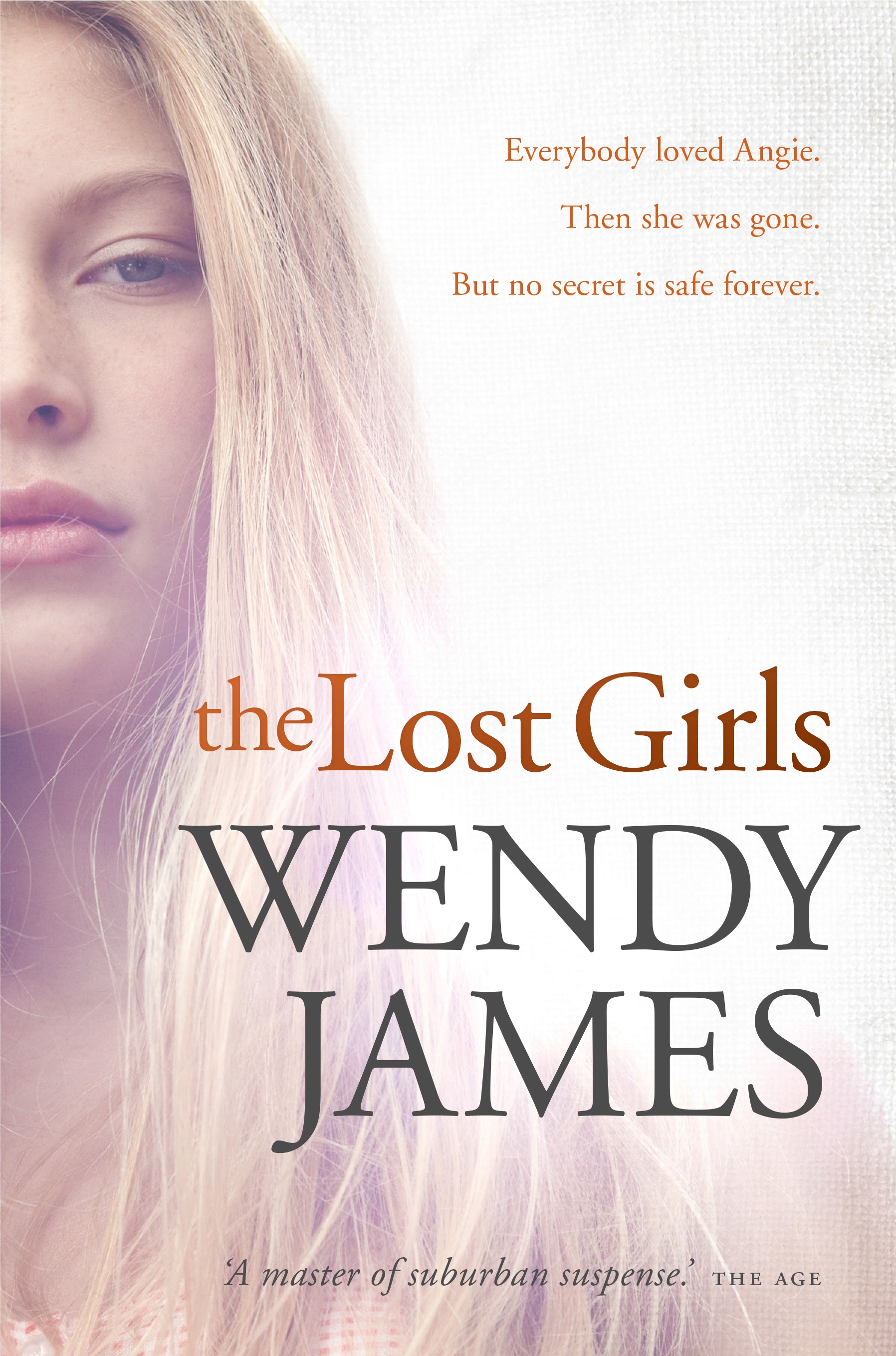 Reviewed by Magdalena Ball
Reviewed by Magdalena Ball
The Lost Girls
By Wendy James
Penguin
Feb 2014, Paperback, 280 pages, $29.99, ISBN-13:9781921901058
If I’m looking a little tired today, it’s because I stayed up late finishing The Lost Girls, a fast-paced mystery set in the town of Curl Curl, a Northern Sydney suburb. The present tense of the story is 2010, and the book opens with Jane. Despite the tragic loss of her adored cousin Angie many years ago, Jane, now forty four years old, lives a quiet life with her husband Rob and daughter Jess, who is twenty-two. Jane and Rob run an antique shop Jane inherited from her grandfather, and Jess is busy taking classes at the local TAFE. When Jess meets journalist Erin Fury, who is doing a story on the long term impact of murder on families. Jess puts forward her mother’s name as someone who might be worth interviewing, and before anyone understands what’s happening, a series of interviews begins between Jane and Erin that open the door to a painful, long-buried past.
The developing story is narrated in alternating interviews and flashbacks, moving in and out of the various characters’ points of view. Little by little we come to understand the story that drives the novel — Angie’s unsolved murder that took place in the summer of 1978, while Angie was staying with Jane’s family. Angie was beautiful, precocious and confident, and Jane adored her, as did her older brother Mick, whose own life fell apart after Angie’s death and who is suffering from PDSD. The slow revelation of the past and the way it has distorted and shaped the present is handled beautifully by Wendy James, who turns the murder mystery into a deep character study that explores the nature of tragedy, of loss, of the lies we tell ourselves, and something else too – how we carry on and rebuild in the face of all that pain.
James’ character development is flawless, building up a picture of each of the characters subtly, as they duck and weave around one another, characterising themselves even as they imagine they’re completely lost in and focused on one of the other characters:
But this man has the effect even without the uniform. He carries something else with him, too – a darkness that’s at variance with his tawny good looks. Conversation around the cafe is suddenly subdued, and when he heads unerringly to her table those distinctive eyes having homed in on her with a weird certainty, the waiter (who had been far more casual when it came to Erin, sitting alone) scurries over to serve him immediately. (101)
The pace too is furiously fast. As we get to know the characters more and more deeply, we become immersed in the mystery and suspense. The secondary characters are no less beguiling – Jane’s father, whose sudden blindness, deafness and muteness has meant that he needs to be in a nursing home, and her anxious mother, are both brought into the story little by little, along with Jane’s husband Rob, who also develops from a shadowy background character to someone with his own secrets. The more we read, the more we begin to see that that the least important character, despite being initially cast as the focus, is Angie. We never get her point of view, nor does she get the opportunity to develop as a character. Though Jane, Mick, and Erin, and all the secondary characters too, see what happened as Angie’s story, what we begin to realise is that that this is the story of Jane, of Mick, of Erin, and of those that survive. Coming to terms with life, in the face of death, becomes a subtle but powerful theme that runs throughout the novel. Though solving the crime does certainly drive the narrative pace in The Lost Girls, this book is a rich, dense novel, that goes so much deeper than whodunit. As is almost always the case with Wendy James, her ‘best-seller’ airport styled cover belies the fact that this is as much literary fiction as it is a crime novel, driven, above all, by character growth, deep themes, and exquisite writing.
About the reviewer: Magdalena Ball is the author of the novels Black Cow and Sleep Before Evening, the poetry books Repulsion Thrust and Quark Soup, a nonfiction book The Art of Assessment, and, in collaboration with Carolyn Howard-Johnson, Sublime Planet, Deeper Into the Pond, Blooming Red, Cherished Pulse, She Wore Emerald Then, and Imagining the Future. She also runs a radio show, The Compulsive Reader Talks. Find out more about Magdalena at www.magdalenaball.com